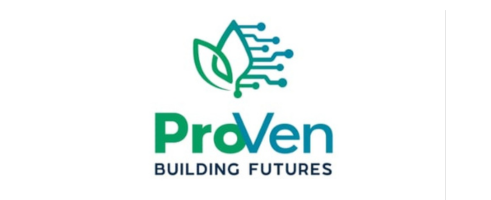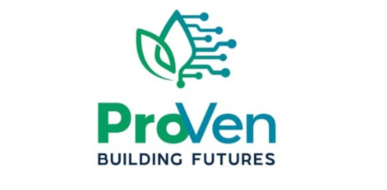What is Proven Colab?
Proven Colab is an innovative approach to collaboration that focuses on harnessing the collective strengths of individuals from diverse backgrounds and skill sets to achieve common goals. Originating in various fields such as technology, education, and business, Proven Colab emphasizes the significance of collaborative efforts in enhancing productivity and creativity. Unlike traditional collaboration, Proven Colab encourages team members to contribute their unique perspectives, thereby fostering a more inclusive environment that leads to innovative solutions.
The concept of Proven Colab is rooted in the recognition that specific projects often require a variety of expertise and experiences to thrive. This method enables teams to combine their skills in ways that lead to successful project outcomes. For instance, in the technology sector, Proven Colab can facilitate the collaboration between software developers, graphic designers, and project managers, resulting in efficient app development and improved user experience.
In education, Proven Colab has transformed the way instructors and students interact. Group projects that incorporate this collaborative method demonstrate improved engagement and collective problem solving, leading to enhanced learning experiences. This method has been crucial in cases where students from varying disciplines unite to address real-world problems, producing innovative and practical solutions.
Successful Proven Colab projects often utilize a range of tools and platforms designed to support teamwork and enhance communication. Applications such as Slack, Trello, and Zoom allow for seamless interaction and management of tasks, thereby streamlining the collaborative process. By employing these resources, teams can stay organized and focused, maximizing the benefits of their collaborative efforts.
Ultimately, Proven Colab represents a shift towards collaborative frameworks that accentuate the importance of diversity in teamwork, leading to remarkable achievements across industries.
Implementing Proven Colab in Your Projects
To effectively implement Proven Colab methodologies in your projects, it is essential to follow a structured approach that promotes collaboration and clarity among team members. Begin by forming a diverse team with complementary skills that align with the objectives of your project. This ensures that multiple perspectives are included, enhancing creativity and problem-solving capabilities. Identify individuals who are not only proficient in their roles but also exhibit strong interpersonal skills, as these are critical for fostering collaboration.
Once the team is established, the next step is to set clear, collective goals. These goals should be specific, measurable, achievable, relevant, and time-bound (SMART). By doing so, all team members can understand their contributions and how they fit into the overarching project objectives. Clearly defined roles and responsibilities must also be established, ensuring that everyone is aware of their duties and accountable for their work. This clarity helps prevent confusion and potential conflicts, which can hinder project progress.
Effective communication is a cornerstone of the Proven Colab framework. Encourage open dialogue among team members to share ideas, feedback, and concerns. Regular check-ins and updates can help maintain alignment with project goals and allow for timely adjustments if necessary. Additionally, building trust within the team is crucial. Trust can be cultivated through transparency, reliability, and demonstrating commitment to one another’s success.
However, challenges may arise during implementation, such as resistance to collaboration or miscommunication. To address these issues, it is essential to establish a culture that values diversity and inclusivity. Encourage team members to voice their opinions openly and create an environment where feedback is constructive and welcomed. By proactively managing potential obstacles, teams can thrive under the Proven Colab framework and achieve successful project outcomes.







